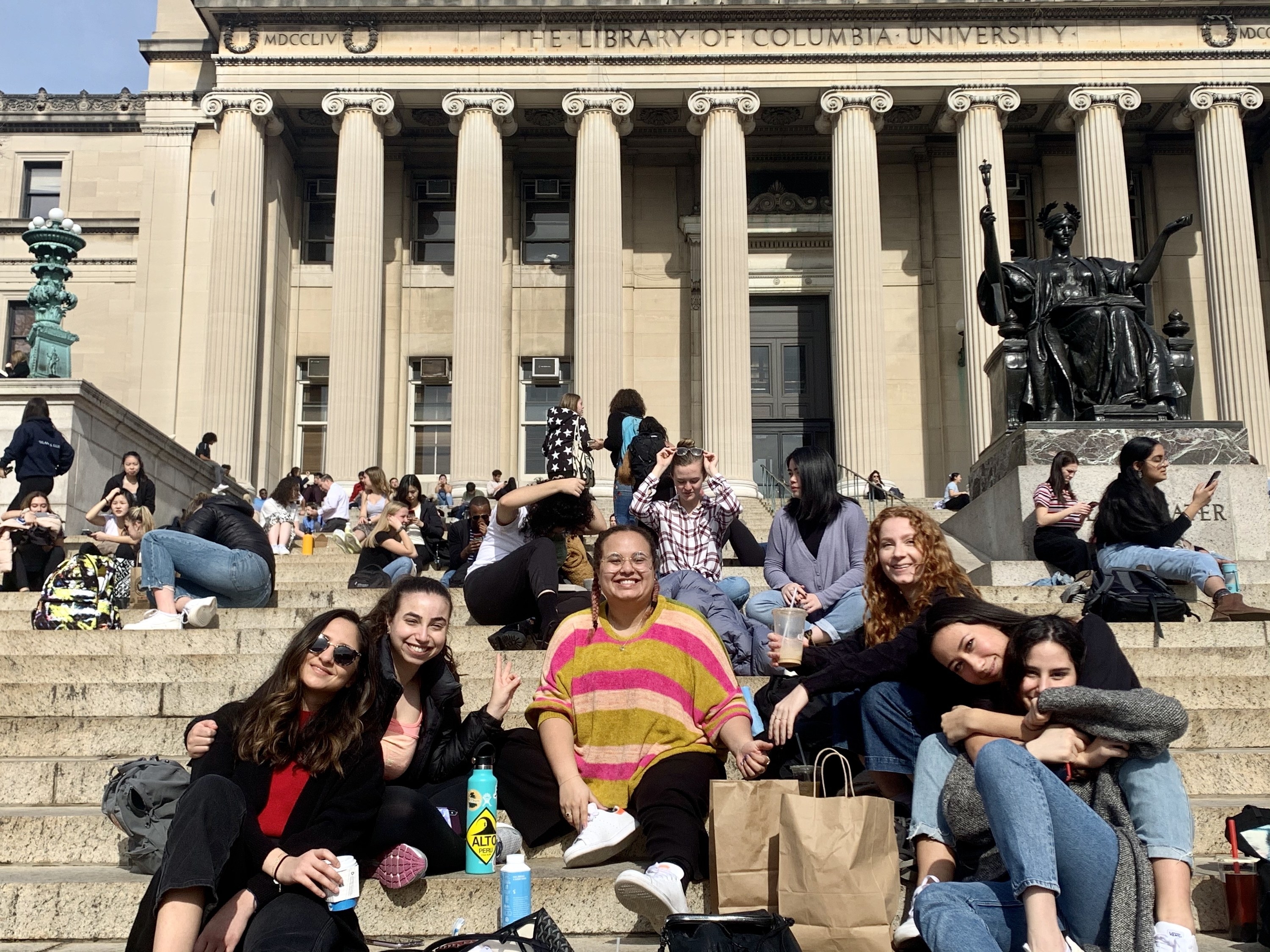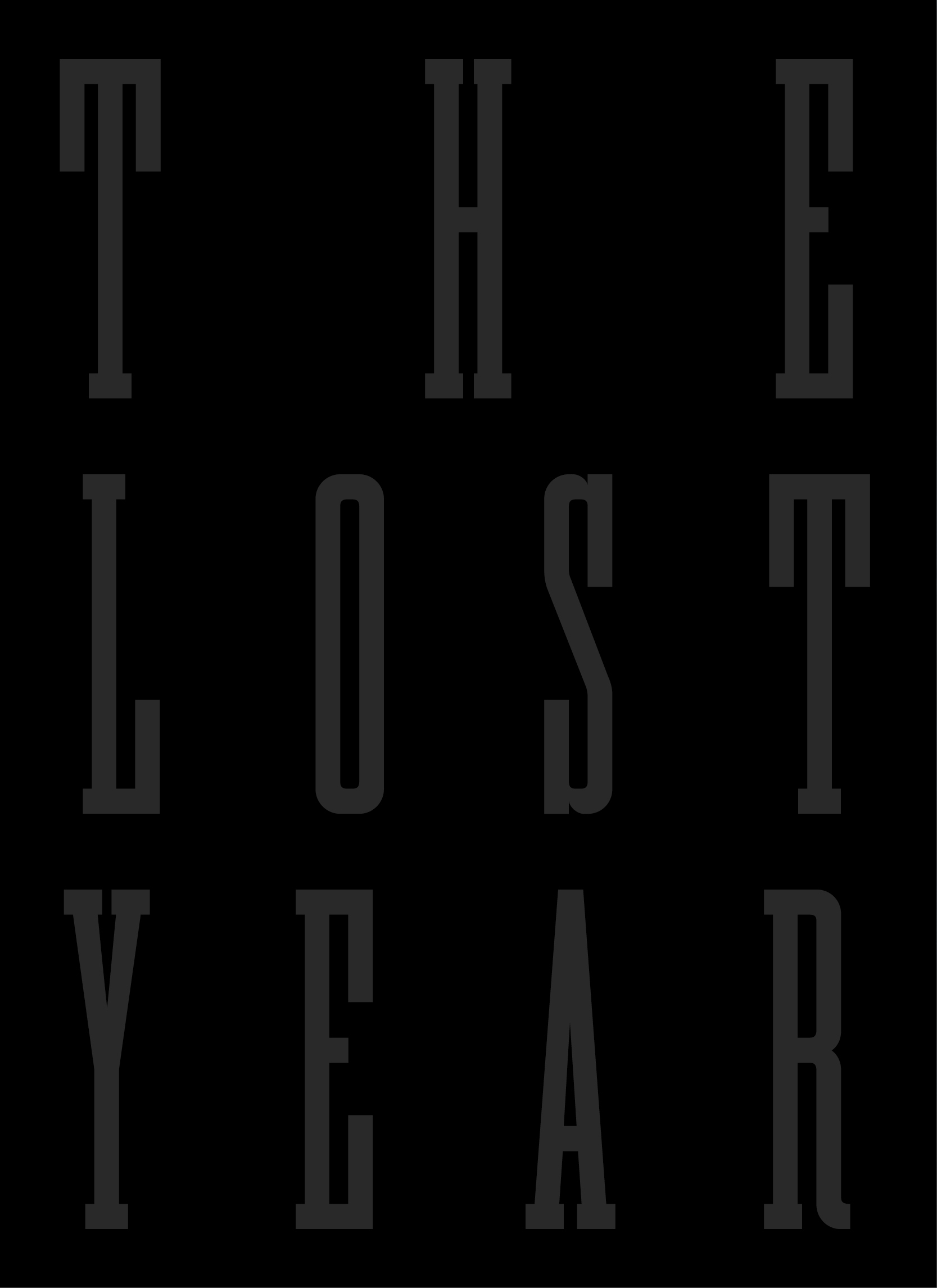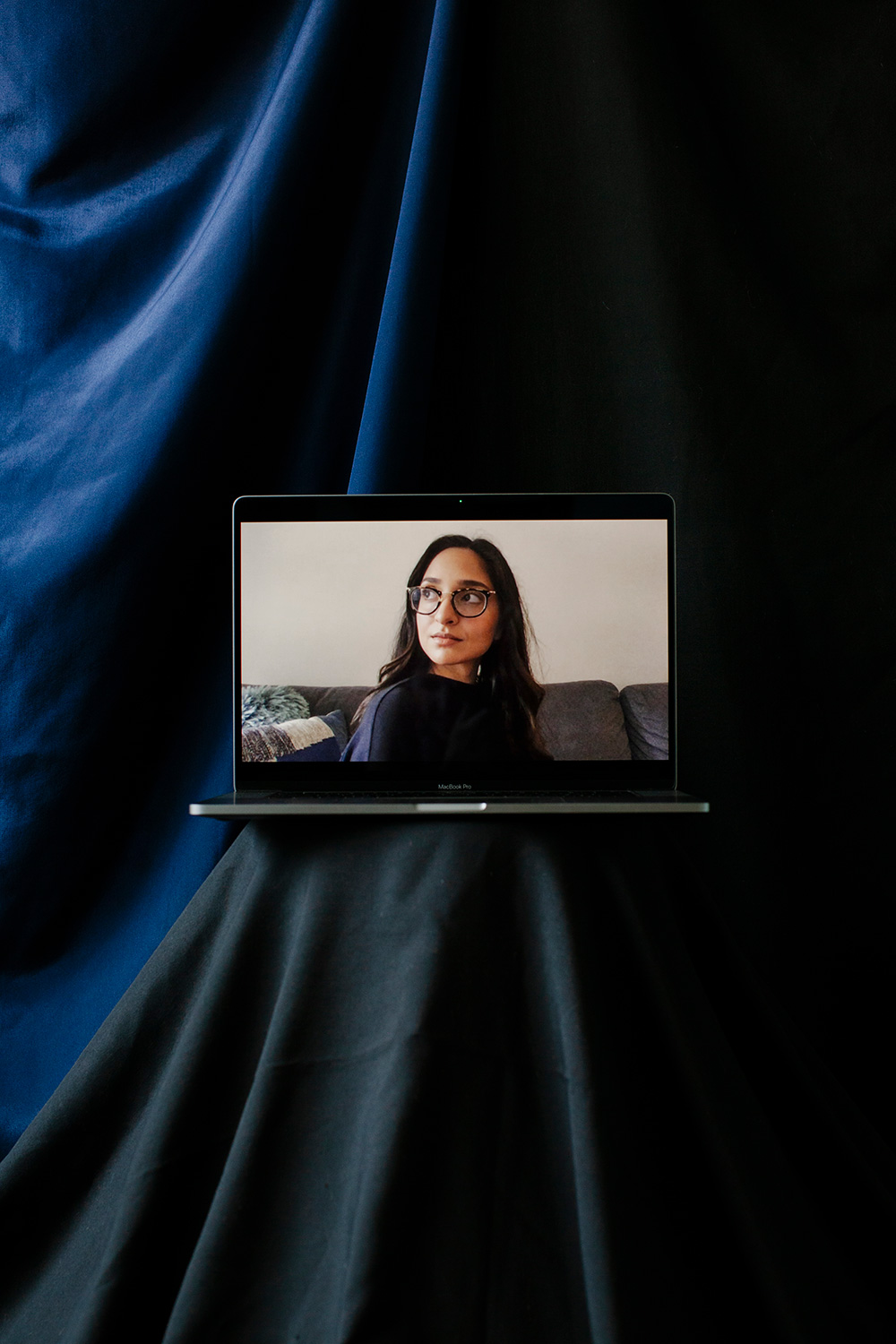To mark six months since a pandemic was officially declared, BuzzFeed News is publishing The Lost Year series: six stories of six people from six different age groups across the US. Each day this week, we are profiling a new person to see what toll the coronavirus has taken on their lives. In this third installment, we meet an international student at a college in New York.
This isn’t really a time in American history where it’s fully fathomable why anyone would choose to be here. The shootings in Kenosha, Wisconsin, are just more reminders of the instability around racial justice, police brutality, and the justice system. The US has vaulted over the 6 million mark for coronavirus infections around the country. The president is lying about how bad the pandemic actually is. Charlie Kirk keeps talking.
And yet, there are people like Sarah Faruqui, a Columbia University master’s student, who not only asked to be here, but is still asking to stay.
It’s not like Sarah fails to have perspective on what the rest of the world looks like: A Pakistani, she spent her early years in Nairobi; Dar es Salaam, Tanzania; Johannesburg, South Africa; and then Prague, Czech Republic. She and her family finally settled in Hong Kong when she was in the fourth grade. When we spoke in mid-August, she had just recently returned to New York after a few weeks visiting her parents back in Hong Kong. She had turned 24 a few weeks prior. “I keep telling people, though, this year doesn’t actually count,” she said.
Sarah, like nearly every college student, had a plan for her future. This December — barring any additional catastrophes — she will graduate from Columbia, and then was planning on looking for work in New York while applying to law schools. She’s been studying human rights for years, and now wants to take on the heady task of rehabilitative justice and working with sexual assault survivors. Instead, she now has to worry about whether she can even stay in the country.
Sarah comes from a complicated place marred by autocracy and now lives in another place marred by many of the same things. Her family in Hong Kong now asks her about the Black Lives Matter protests and whether she’s safe in New York. So why fight so hard to stay in a country that’s made it very clear it doesn’t want her the moment she ceases to be a well-behaved, productive student?
“We never really used the words ‘American dream,’ but it was always like, opportunity, opportunity, opportunity. That’s where the opportunities are,” she said. “And it’s funny because as much as I try to kick that in my mind, it won’t go away.”
In a few short months, Sarah will graduate in New York City, without clear plans for a nonstudent visa, without clear job prospects, without a plan on how to navigate a recession, without clarity from the US government on the pandemic. The land of opportunity has, for a chunk of her time here, been the land of chaos.
And yet, she still wants to stay.
“If I go back,” she said, “how will I see any of these wonderful people that I call my American family?”

In July, while the coronavirus was ripping through the US and most colleges and universities were planning for a fall of remote classes, the Trump administration announced that international students who didn’t have in-person classes would have to leave the country.
The shock announcement stunned Sarah. In a typical year, there would be more than 1 million international students studying in the US. What would happen to them? “Travel, I knew was going to be impacted [by the pandemic],” she told me. “What I didn’t expect was, just naively, for the administration to capitalize on COVID and use it as an excuse to really punish international students for being here. I just couldn’t understand why.”
The proposal was eventually rescinded following widespread public outcry, but it provided a stressful summer for Sarah, made worse by the fact that her once relatively easy trips home to visit her family will now require a two-week quarantine in a hotel away from her parents. “It’s better than me infecting my parents back home,” she said.
“No matter which direction I’m pulled, it’s kind of chaotic.”
Despite being Pakistani, Sarah has spent most of her childhood in Hong Kong. And Hong Kong, of course, is currently dealing with its own political uprisings, including violent protests between students and the police, government moves toward added authoritarianism, and a possible fourth wave of the pandemic. (Sound familiar?) Others like her, those around her age who also grew up in Hong Kong, have called themselves “the Cursed Generation.”
“The reason why I’m studying what I’m studying is because I’ve grown up literally everywhere around the world, and what has stuck out to me in every single one of those experiences was the inequality I was seeing,” she said.
America hasn’t exactly been kind to Sarah, or anyone in a similar situation to hers. She’s a brown woman with a Hong Kong passport, politically progressive, with hopes of eventually getting a job in the US, and just trying to stay here long enough to do some good. She’s been in the States ever since she started her undergraduate degree at Northwestern University right after high school. She hasn’t moved back home permanently since — to the confusion of some of her loved ones. “Everyone’s like, Why? You could go anywhere in the world,” she said. “No matter which direction I’m pulled, it’s kind of chaotic.”

Sarah met me on a park bench near her apartment on the Upper West Side in Manhattan, near Hudson River Park. She’s just moved to the neighborhood and has but three guaranteed months to get to know the area. Her neighborhood is one of the areas least affected by the coronavirus in Manhattan, but it’s also predominantly white and predominantly rich. We sat on opposite ends of the bench and watched people pass by, masks tightly pinched to the bridges of their noses, a few with them tugged down so they could scream into an iPhone. Despite the international nature of her childhood, Sarah looks like every brown American girl I know: long, wavy hair that shines auburn in the sun, boxy T-shirt and cutoff shorts, hamsa and evil eye bracelets tied around her left wrist. (I hope they’re working.)
Now in the final semester of her master’s program at Columbia, Sarah is currently working on a thesis about how FOSTA-SESTA, a law intended to curb sex trafficking, has affected sex workers. But even thesis writing has been complicated amid the pandemic. “A lot of it, you know, is the physical connection and trust that’s built over time,” she said. “Now you have to conduct all your interviews on Zoom.”
“A lot of it, you know, is the physical connection and trust that’s built over time,” she said. “Now you have to conduct all your interviews on Zoom.”
The Faruqui children were all raised to look toward the US for their respective university educations and, eventually, their lives. Shamira (29), Sarah (24), and Samara (18) — in that order — have all worked toward moving to the States after high school. They were sent to American grade schools that tailor their education to US colleges. But as the world changes around them, the sisters’ experiences of America are also diverging.
Shamira, the eldest, went to NYU, graduated in 2013, got an H-1B visa while working at a bank, married a Pakistani man who’s also a friend of the Faruqui family, and eventually settled in New York for good. “Classic,” Sarah told me. “It checks all the boxes.”
Samara, who graduated from high school a few months ago, was slated to go to the University of Southern California for her undergrad, majoring in health and human sciences with an eye on eventually going to medical school. But because of COVID, all of her classes have been moved online, and so she’s staying in Hong Kong for another semester — maybe another year — until in-person classes resume. “People [have] obviously gone completely nocturnal. Like waking up at 10 p.m., have classes to like, 10 a.m.,” Samara told me over Zoom, at 9 in the morning her time and 9 at night for me. “There’s this one girl, she’s in dance. She can’t really dance anywhere at 3 a.m.”
There wasn’t really any doubt that the girls would end up in the States, even with the majority of their family spread out around the world, and their fiftysomething parents staying in Hong Kong for the time being. “They were like, ‘You need to be in the US because that’s still where the opportunities are,’” Sarah said. “In the midst of all this, brown parents are like, ‘No, no, stay. You have the golden ticket!’”
Sarah and her sisters were raised in an admittedly small pocket in Hong Kong, rarely engaging with people outside of their social bubble. “They’re all a bunch of brown expats in Hong Kong and they’re just really stuck in the same lifestyle,” she said. “My fear is that when I go home, it’s going to revert to this whole lifestyle that I’ve tried really hard to push away from.”
She wanted to get away from the Americanized elitism of the people she knew in high school, and so she went to Northwestern thinking that it was a Midwestern college and not a pond for New York City prep school kids to swim into. “I know,” she said, laughing into her hands. “I thought that I was doing something different!”
More complicated for Sarah is that her identity is spread across different countries and cultures. “I definitely resonate with being Pakistani. Then I have the Hong Kong element, which is something that I always feel guilty about claiming because I occupied such a little bubble in Hong Kong,” she said. “Even in Hong Kong, it was like, can you assimilate like an American? How American can you be?”
Being in the US has provided a kind of cultural lifeline for her. Nearly everyone goes away to college with the intentions of “finding yourself,” but for Sarah, she’s spent years building a community here, close to her sister and her grandmother, in the country where her little sister is supposed to join her too. “I have my own family here. I’ve established my passions here. My sister lives here. This is the first time in my life where I feel like I’ve established actual roots,” she said.
“That’s what kills me about kicking international students out after college,” she said. “You come here. They say, Be part of the culture, learn our culture, assimilate. For four years that’s drilled into you. You become a part of that fabric. And then they’re like, Alright, see ya.”
For a brief moment over the summer, after Columbia announced it would be going virtual, Sarah was sure she’d have to leave New York. COVID 19’s in-person restrictions — namely in New York state, which was struggling significantly with the virus in March and April — led to the Trump administration telling students they’d have to leave the country if they didn’t have in-person classes to attend. It’s not lost on her why that order was quickly rescinded. “International students are considered cash cows. We’re financially useful,” she told me, folding and unfolding her face mask on her lap. “Universities were like, ‘Don’t mess with my bag. We need our international students because we need them to pay full tuition.’”
Sarah is of a privileged class: Her parents, who work in finance and healthcare respectively, are paying for her education in full and supporting her, too, since she can’t even work under the terms of her student visa. She also has a soft place to land if she does have to leave the country: Her parents and her sister are still in Hong Kong and will welcome her back with open arms. “The hope is that, you know, she’s able to stay,” Samara said. “I mean, selfishly, if I’m still here, then that will be nice. But I’m definitely worried.”
“These are individual human beings who are trying to make their lives better and more authentic.”
But what would it be like for others, where home isn’t safe? What if being an international student was supposed to be your way out of a worse situation? Your ticket to some sort of certainty in an uncertain world?
“We don’t know what their home lives are like. We don’t know whether it’s safe for them to go back. We don’t know if they feel comfortable to go back,” Sarah said. “Then at any given moment, we’re asked to pack it up and leave. This goes with any sort of immigration rhetoric; these are individual human beings who are trying to make their lives better and more authentic.”
In the meantime, Sarah has become an expert on visa processes in the US. She knows the complications that come with an H-1B — the visa that Trump suspended earlier in the summer — and OPT, a 12-month visa that students can apply for after they graduate while they find work.
The coronavirus also continues to make her master’s work incredibly complicated; instead of speaking to sex workers in person as she has planned to do for many months, she’s relegated to working online like many of us.
She’s now trying to figure out when to apply to law school, and whether she can afford a few months between courses or if it means she’ll be forced to return to Hong Kong. Plus — where is she even going to work?
“The US will definitely need human rights lawyers. But it’s also not necessarily always a paid job. And with a lot of these visas, you need to be paid,” she said. “I mean, I’m just waiting for the day that I wake up and find out that OPT is over and I can’t stay here past December. I think it’s inevitable in the world we’re living in right now.”

Sarah has about three months left of guaranteed stay in New York. In December, she will graduate from Columbia, and unless she very quickly applies and is accepted to a law school in the US, there are few options for her to stay here. But the question of whether to be in the US or just go back to Hong Kong — two options that, from the outside looking in, feel equally fraught — is more philosophical. Do Sarah and her sister Samara even want to be here?
“I ask myself that a lot,” Samara said. “It’s hard to reason with it in my head. I’ve come this far. I got into a school I’m excited to go to. I just think I won’t know until I go.”
More complicated is that if Sarah does have to return to Hong Kong, who knows when she might be able to visit the US — which holds her sister, her friends, her chosen family — next? How long will COVID-19 make it impossible for her to travel freely between two places that both feel like home?
The coronavirus has undoubtedly made life harder for Sarah, but it’s not like international students had an easy time before the virus started taking over. Her tuition is an absolutely galling $90,000 per semester, despite a full semester and a half being online. She did, generously, receive a $150 debit of the “student activities” fee. Maybe this exorbitant tuition wouldn’t burn so much if the virus had been better contained in the US, and thereby allowing Sarah more freedom to go to class — or at least to enjoy what may be her final months in New York.
“Of course nothing is going as planned. But I try to look past that and think, like, I’m here.”
At least she’s certainly getting an education. “I remember looking outside my window and seeing the protests, and then at the same time writing my thesis proposal,” she said. “What I was trying to get out of this degree is not necessarily what I’m doing, but rather, going out in the streets and being here.”
Sarah and I are both immigrants in New York, but her optimism is far more bountiful than mine, despite the fact that her focus of study — human rights — is front and center in the US right now, but for all the wrong reasons. “It’s hell, but there’s so much hope and work that’s happening on the ground,” she said. “That’s what I loved about the last few months here. As horrible as it’s been, people are showing the fuck up and they haven’t showed up this way before.”
So after all this, after the protests in her backyard for human rights for Black people, after a pandemic that has made her unable to go to school or see many of her friends or freely visit her family, is America still worth it? Is it worth the risk of getting sick? Is it worth the stress?
Sarah paused and sighed, looking out at the Hudson. “I guess in some way, yeah, it is,” she said. “Of course it’s bad. Of course nothing is going as planned. But I try to look past that and think, like, I'm here. I have however much time I have left here, and I'm gonna do everything that I can to make the most of it and like, do my part and contribute what I want to contribute because I do care. And that's all you can really ask for.” ●




